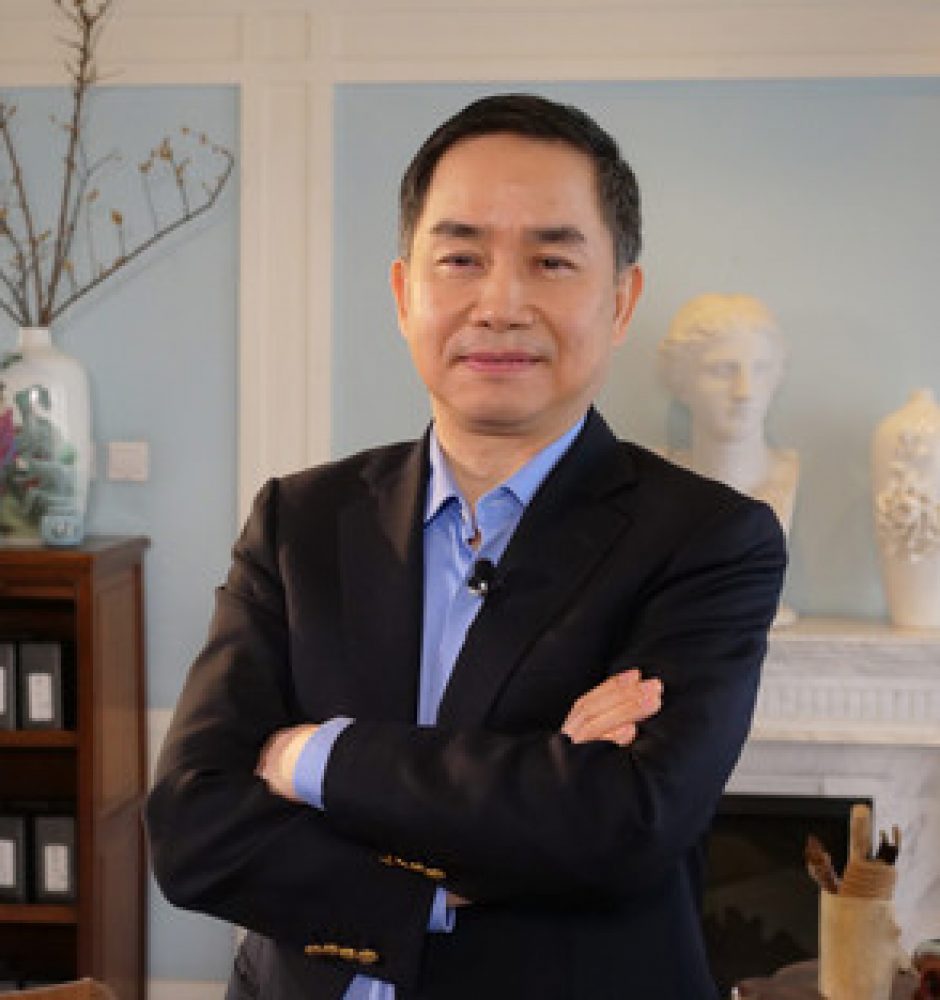Investment bankers at China International Capital Corp. are pledging their loyalty to the Chinese Communist Party amid reshaped the business and cultural landscape in China. Prof. Zhiwu Chen, a chair professor in finance at HKU Business School, said, “There has been a political redefinition of finance.” He added, “The future of CICC is that there’s no more CICC in a few years’ time”.

3910 3079 / 3917 1271
KK 1338
Physical bank branches and ATMs have seen their numbers dwindling as the public embraces e-payment platforms and financial institutions cut costs. Chen Zhiwu, chair professor of finance at the University of Hong Kong, said, “The banks have found it unnecessary to add branches as they reduce costs.” A refocus on mobile payments among other online transactions, he said, “has in effect served to reduce face-to-face services at banks”.
Prof. Zhiwu Chen, Chair Professor of Finance at HKU Business School, acknowledges this long-standing shift, stating, "This has been going on for at least about 8-10 years," referring to an industrial policy factoring in "war preparation."
Prof. Zhiwu Chen, Chair Professor of Finance at HKU Business School, emphasises that the key concern is to maintain confidence in the market. While political measures to boost the economy may be well-intentioned, their effectiveness can vary depending on the specific context, economic conditions, and implementation.
Prof. Zhiwu Chen, Chair Professor of Finance at HKU Business School, commented that gold represented the only safe asset for Chinese consumers to protect their wealth against domestic inflation, asset price declines, as well as uncertainties in the global landscape.
“The November election pressure may force Biden to be more aggressive on the US-China trade front, as this is one issue that American politicians can win easy points,” said Chen Zhiwu, the chair professor of finance at the University of Hong Kong, after Yellen and her Chinese counterparts failed to address some major issues.
To lessen market volatility, Chinese regulators began implementing measures that affected quantitative trading strategies. These included rejecting requests to short sell, conducting on-site reviews of trading operations, and temporarily halting transaction capabilities for some firms. The restrictions had a negative impact on funds that relied on algorithmic models as they prevented executions, recalled loaned shares, and introduced unpredictability that computer systems had not anticipated. As a result, these funds experienced performance disparities when compared to wider benchmarks. Prof. Zhiwu Chen, Chair Professor of Finance at HKU Business School, shared his views on A-share market regulation in an interview with Bloomberg.
Chen Zhiwu, chair professor of finance at the University of Hong Kong, compared China’s new housing strategy to the way Beijing uses its so-called “national team” of state funds to buy equities to try to prop up the depressed stock market. Such efforts have often failed to sustainably bolster the market. Using government money to buy up distressed real estate would be no different, he said, given the country’s demographic challenges and supply glut. Government interventions could also raise uncomfortable questions about social fairness, he said. Buying properties from existing homeowners or developers when the market is weak would amount to using national resources to subsidize owners who have the flexibility to sell, when others don’t, he said. “It turns into an issue of wealth distribution,” he said. “Not everyone in China owns multiple apartments, nor are they ready to sell.”





